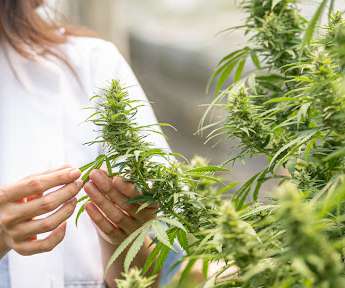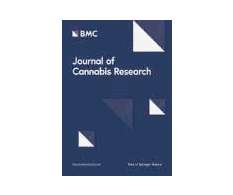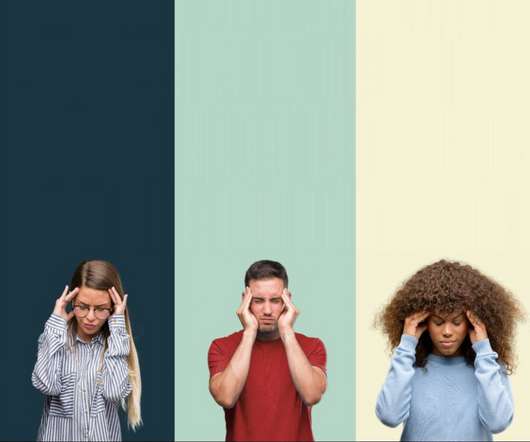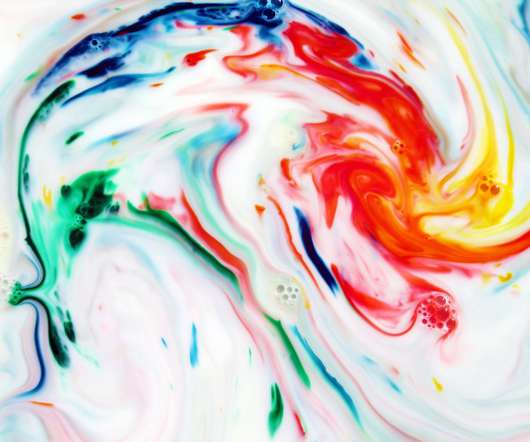Medical Marijuana Offers Hope for Treatment of PTSD
FloridaMarijuana.net
AUGUST 15, 2018
A January 2018 Scientific American article titled “As Vets Demand Cannabis for PTSD, Science Races to Unlock Its Secrets” details a 2009 clinical trial in Canada which showed that the nighttime administration of THC reduced the frequency and intensity of nightmares in 72 percent of the 47 patients studied.”.






















Let's personalize your content